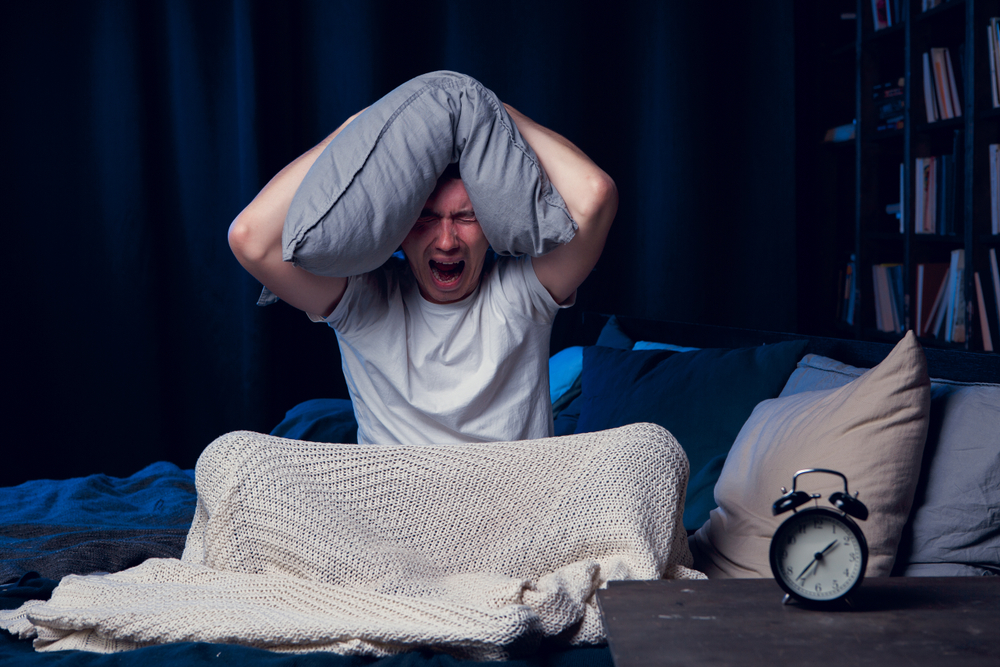Insomnia VA Disability Ratings And Its Benefits

Veterans may be service-connected directly for insomnia if they prove their insomnia was caused by or worsened by their military service.
Several veterans also prove their service connection for insomnia as a secondary condition. Insomnia can sometimes be an element of a psychological problem and is rated as part of a psych medical condition under the schedule for Mental Disorders.
Insomnia VA Disability Ratings
VA may commonly rate insomnia under the Schedule for Mental Disorders (38 CFR § 4.130). However, they rate insomnia as a component of a mental condition.
For instance, if any veteran is service-connected for PTSD and encounters insomnia, as a result, VA may likely consider this sleep condition in their overall analysis of the veteran's PTSD.
Veterans with a psych health condition and insomnia typically receive only one rating. If that veteran's insomnia is not a result of a mental condition but any other condition like an orthopedic condition, then VA will likely provide a separate rating for insomnia according to the Schedule for Mental Disorders.
Insomnia ratings range between 0% to 100%. Below is the breakdown of the rating scale criteria:
100% ratings: Provides total social and occupational impairment
70% ratings: Social, occupational impairment, with deficiencies in several areas
50% ratings: Presents occupational or social impairment with decreased reliability
30% ratings: Social and occupational impairment with an occasional reduction in work efficiency and intermittent periods of inability to do occupational tasks
10% ratings: Occupational or social impairment due to transient or mild symptoms
0% ratings: when diagnosed but its symptoms aren't severe enough to interfere in social or occupational settings
Even though 0% ratings sometimes don't result in compensation, they're still essential because VA recognizes its service connection.
VA C&P Exams for Insomnia
VA will often need veterans to undergo a C&P (compensation and pension) examination for insomnia based on the evidence in the veteran's C-file. Typically, a veteran's C-file contains their military service records, medical records, and other essential documentation already submitted to VA.
The examination generally occurs at the VA hospital or with the VA-contracted provider. The VA examiner will most probably conduct a routine examination, which can involve psychological testing. They can also request questions about the veteran's symptoms to understand better how their insomnia connects to their service.
Additionally, VA doesn't provide the veteran a copy of their final report based on their C&P examination unless they request it. Therefore, the veteran must ask for a copy of their exam report. If veterans are unsatisfied with the assessment, they may challenge unfavorable compensation and pension exams.
TDIU for Insomnia
If veterans can't maintain or secure substantially gainful employment due to their sleep disorder, they can be entitled to TDIU (total disability based on individual unemployability).
TDIU is a benefit provided by VA that enables disabled veterans who can't perform their work due to their service-connected disability(ies) to get disability benefits equal to a 100% rating. They will be eligible even if their combined rating doesn't reach a schedular 100%.
Insomnia may result in poor work performance as individuals with this disorder become too tired to work effectively throughout the day.
Moreover, insomnia doesn't have to be the only contributing element to a veteran's unemployment. Rather, if a combination of their insomnia and other service-connected health conditions contribute to the veteran's unemployment, TDIU can still be warranted.

